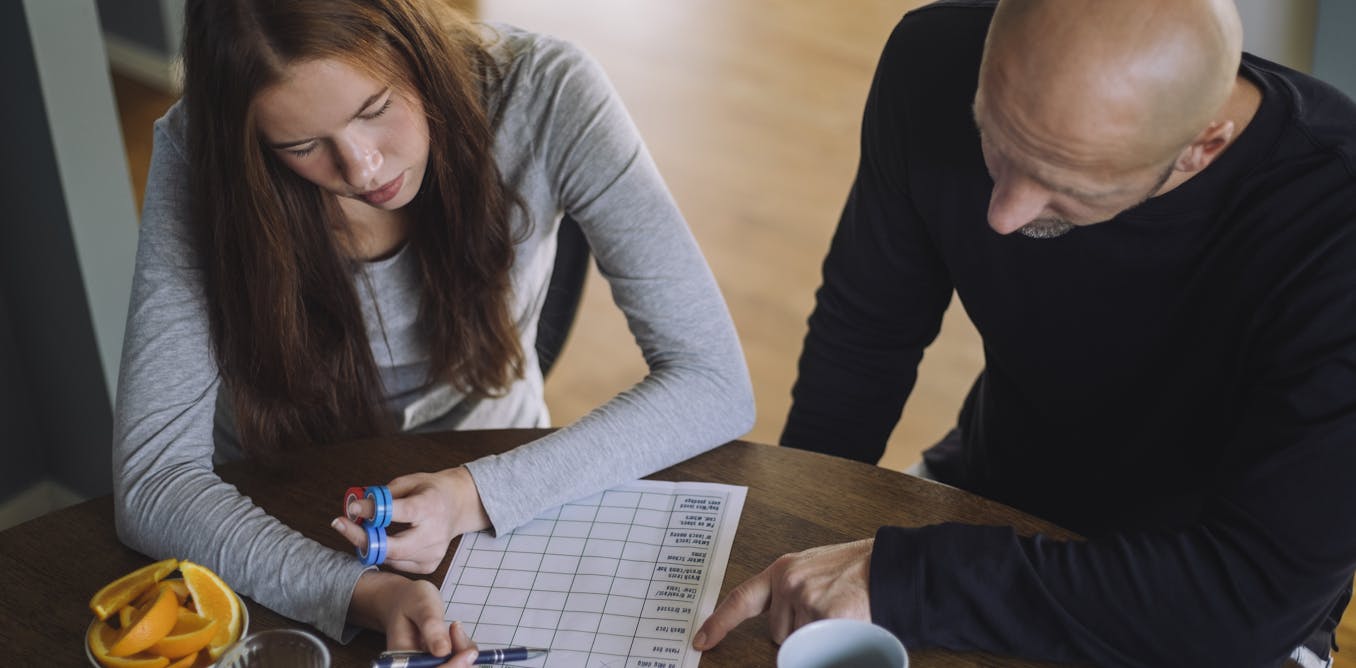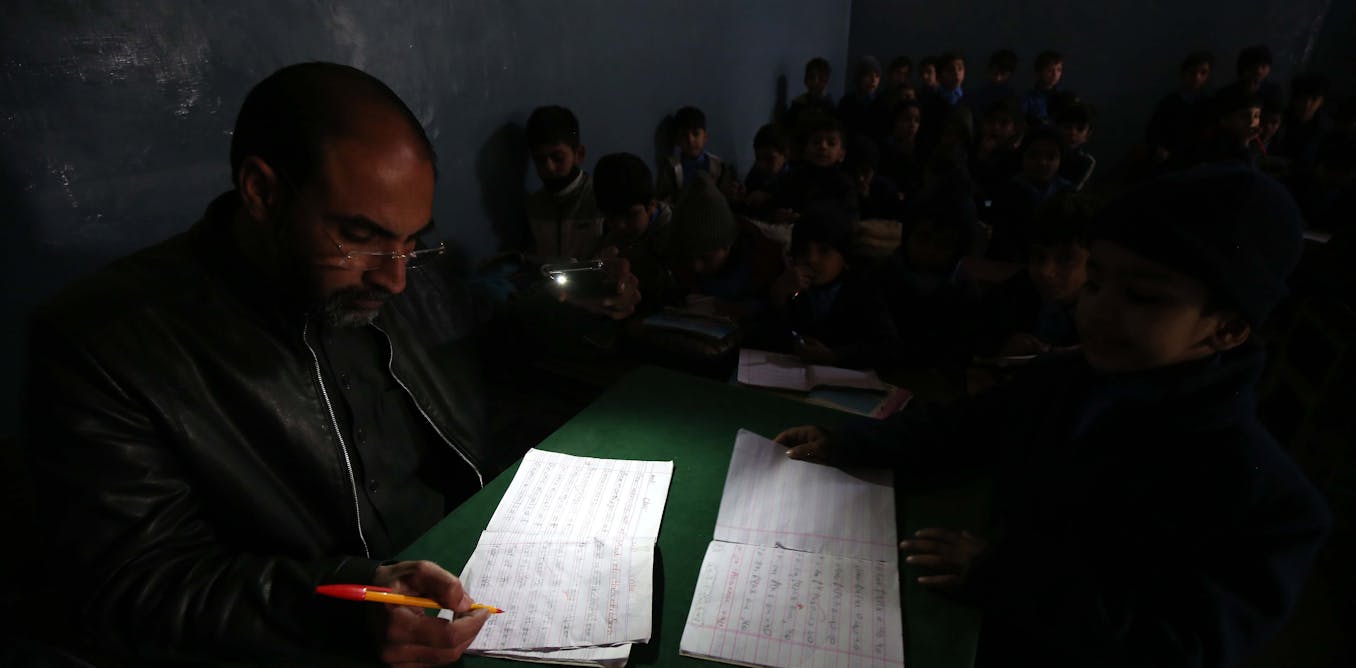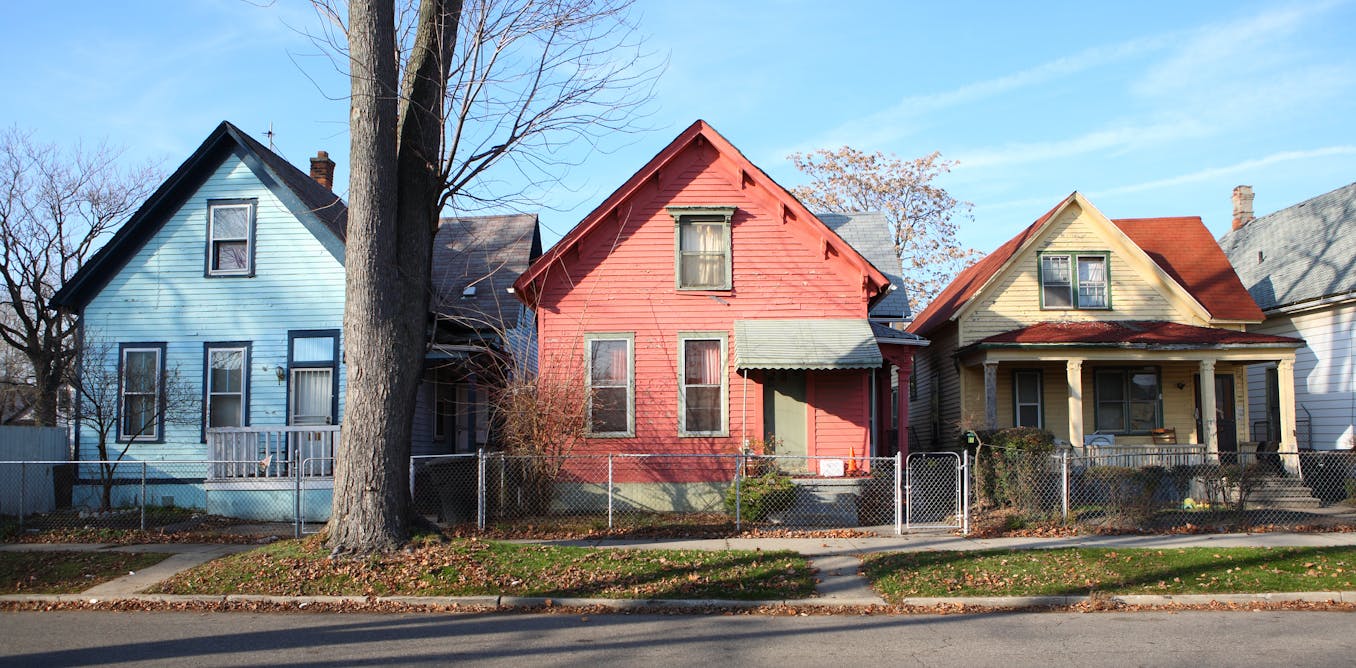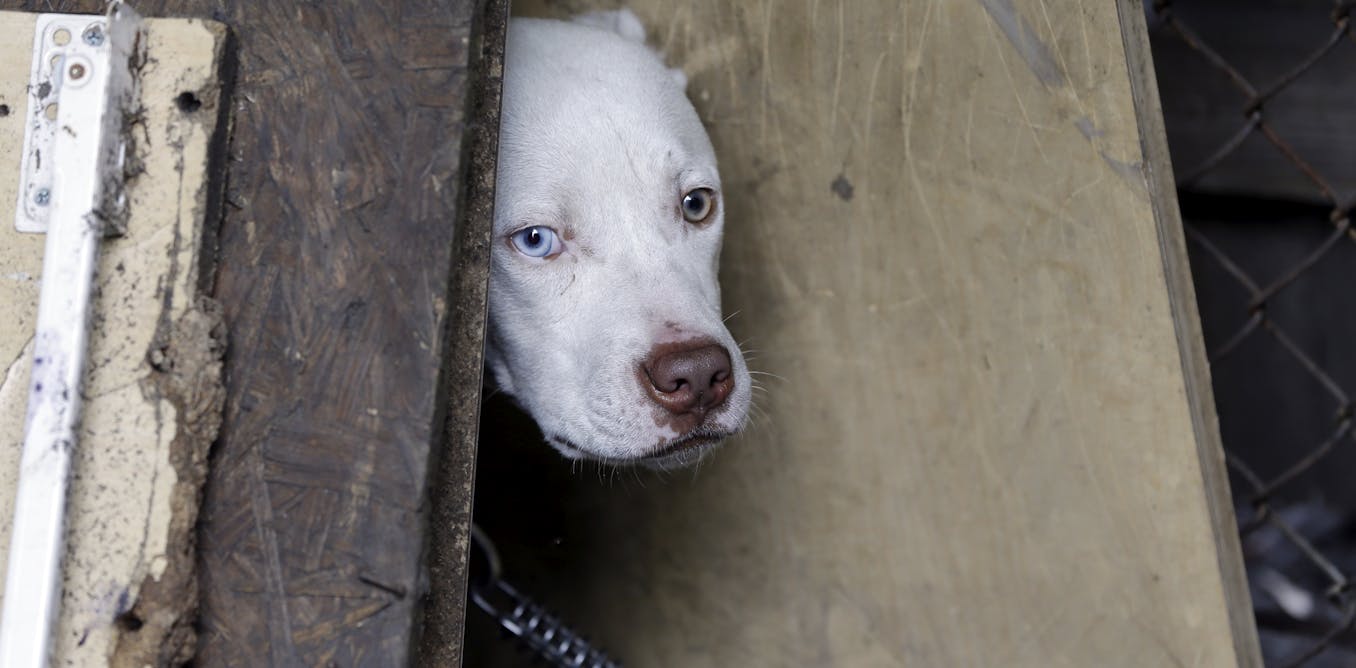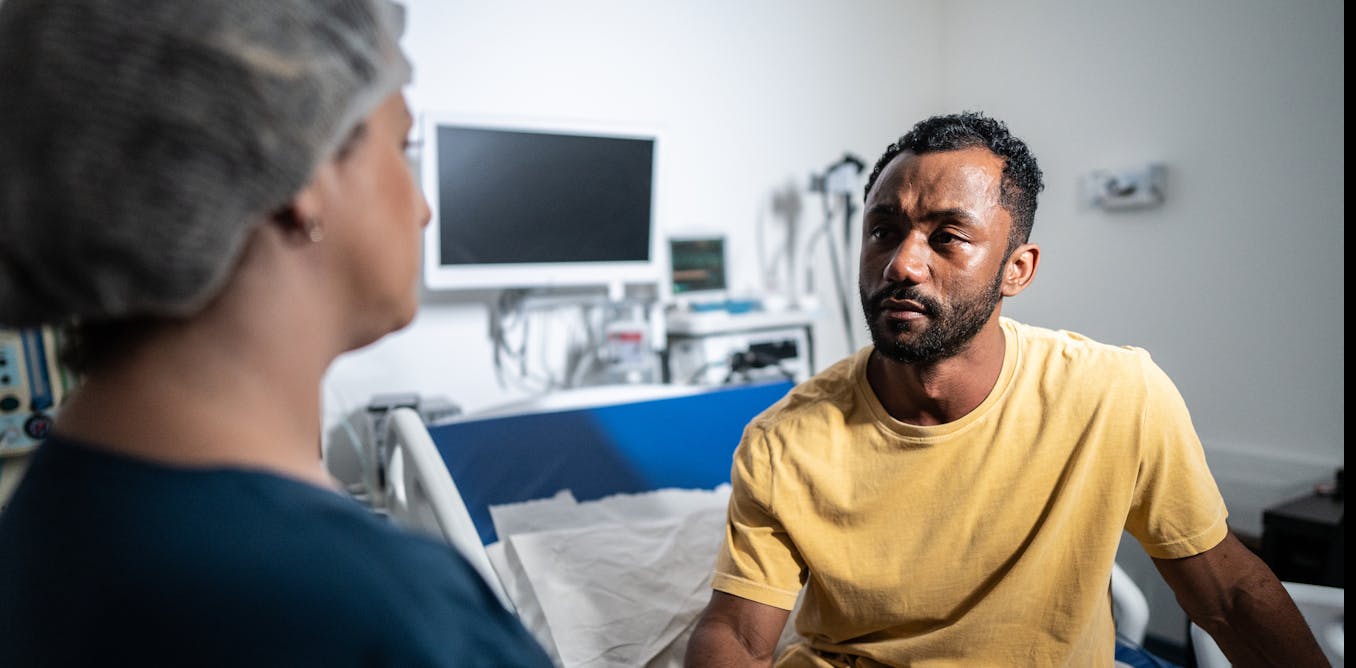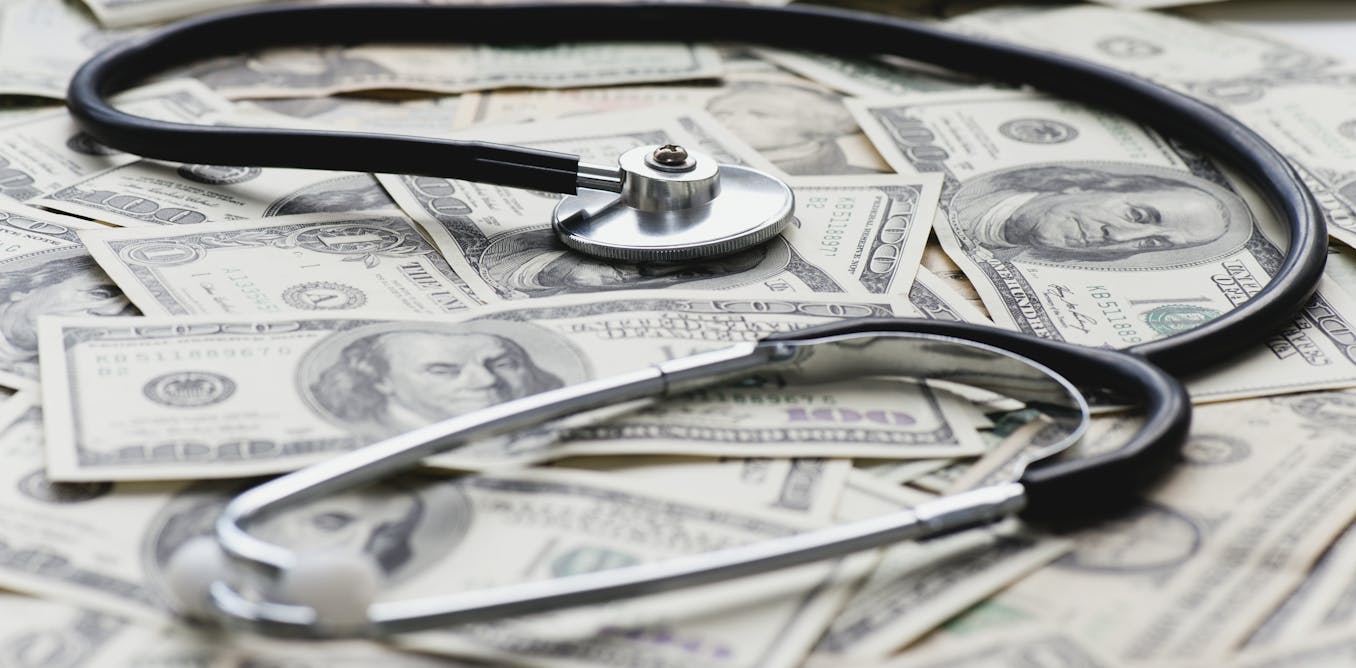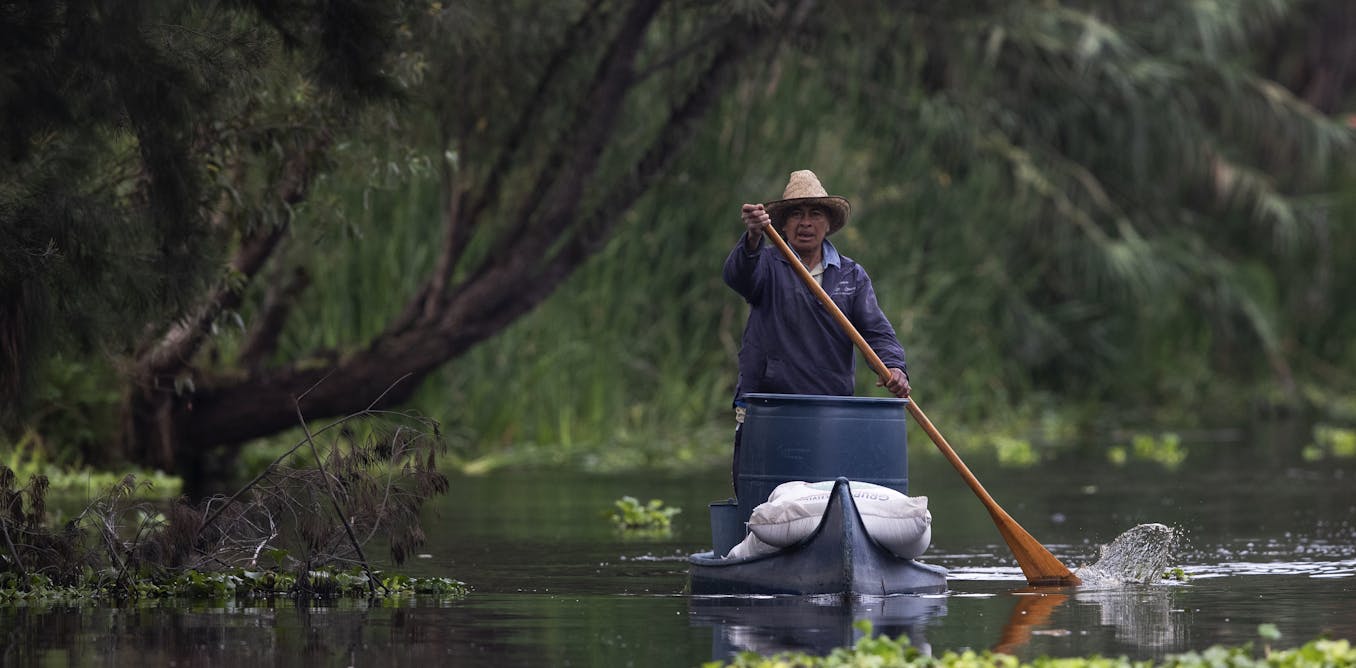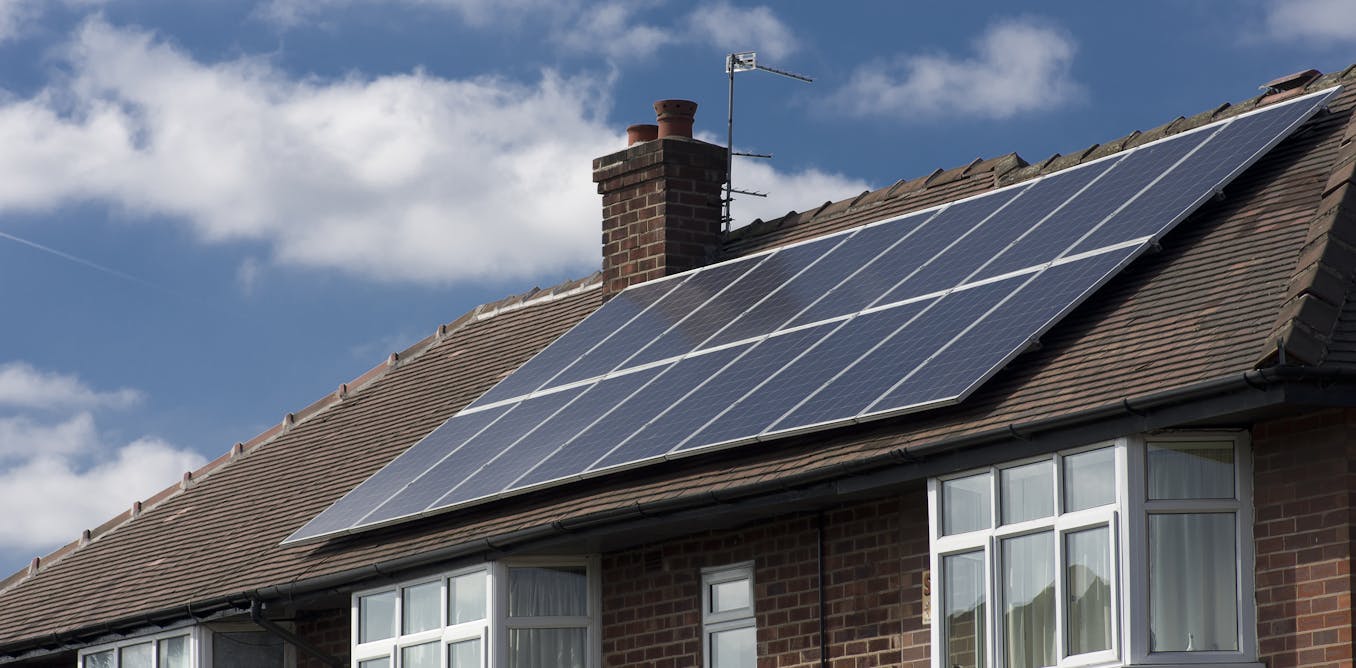Personal carbon footprint of the rich is vastly underestimated by rich and poor alike, study finds
The personal carbon footprint of the richest people in society is grossly underestimated, both by the rich themselves and by those on middle and lower incomes,
Sept. 12, 2024 • ~7 min


